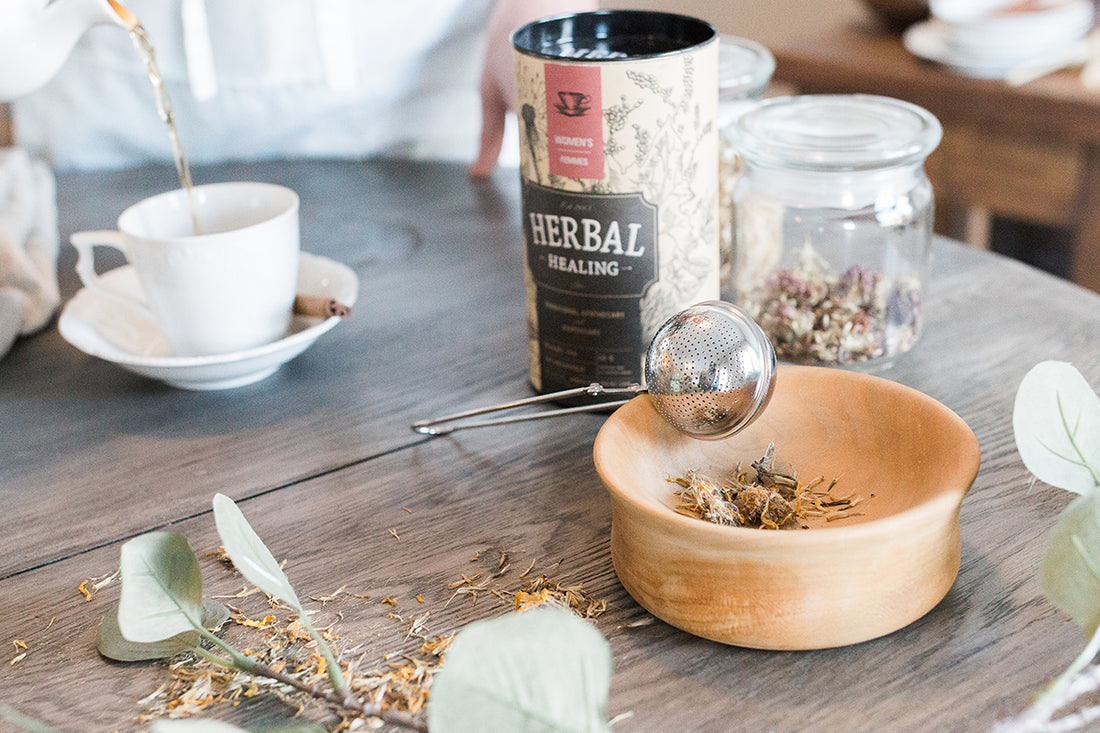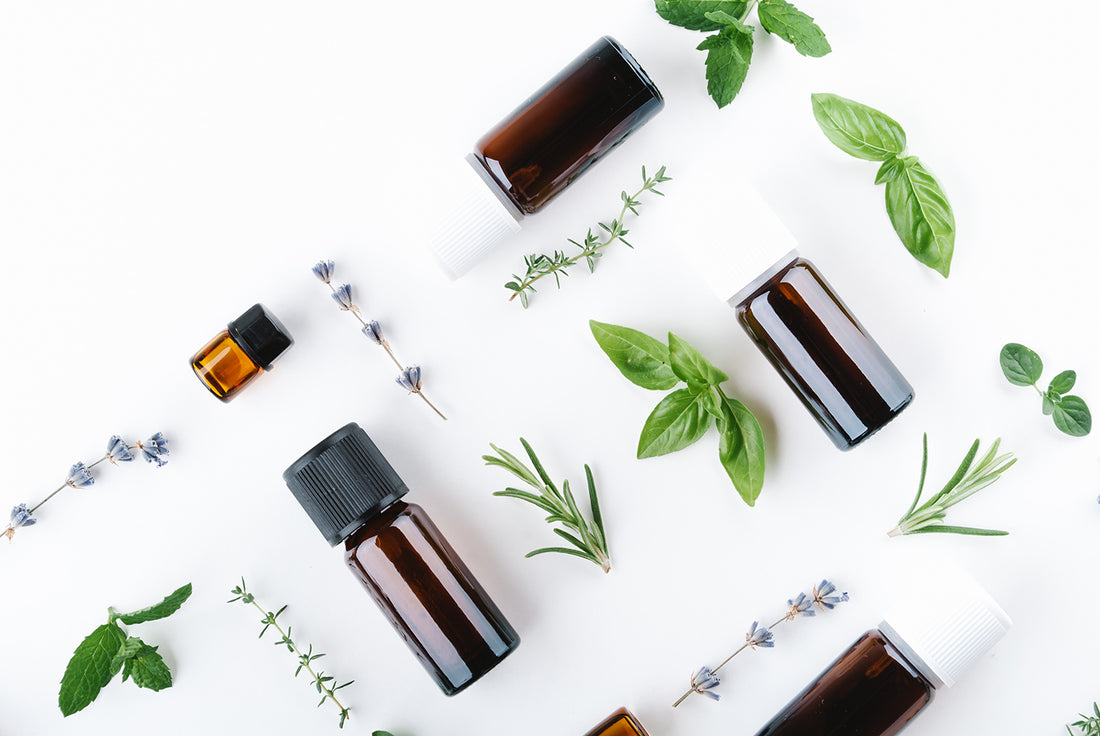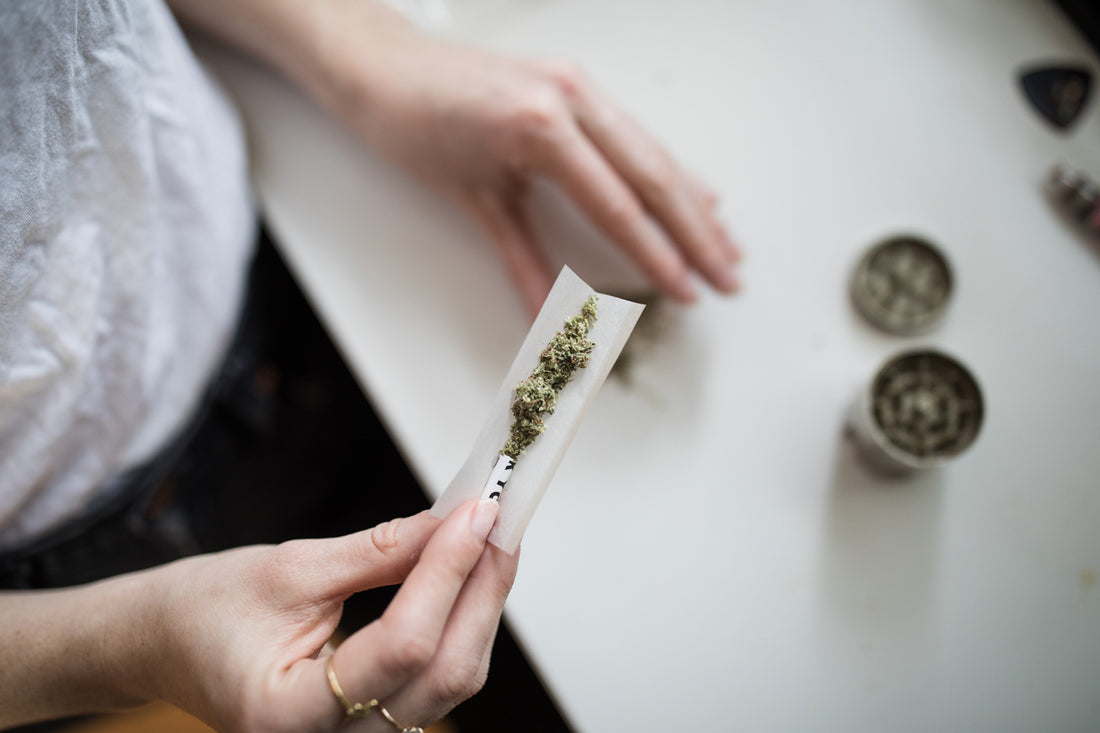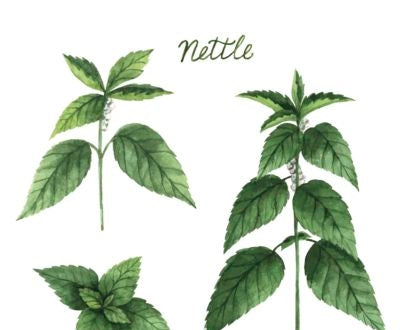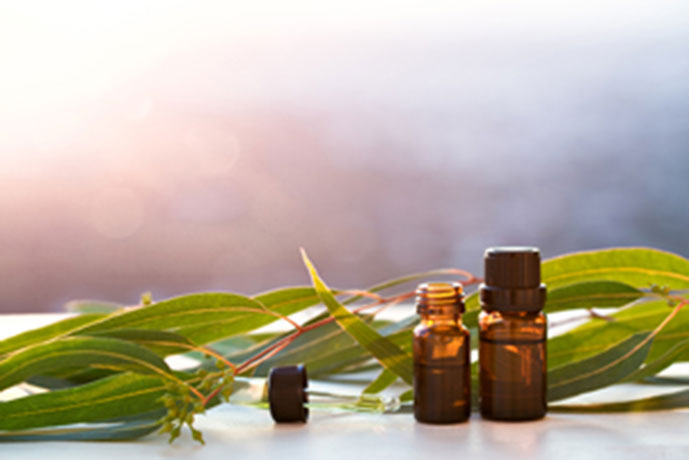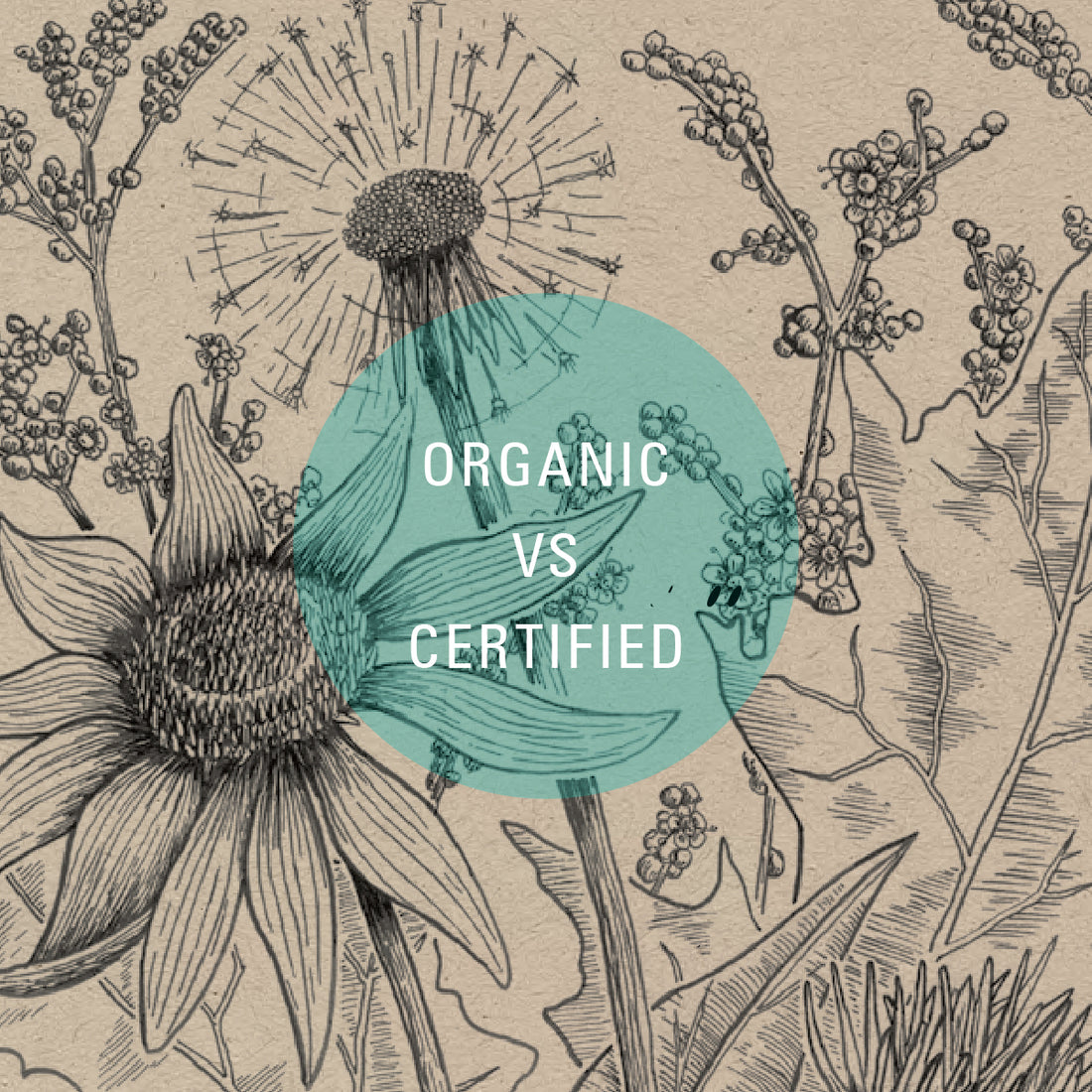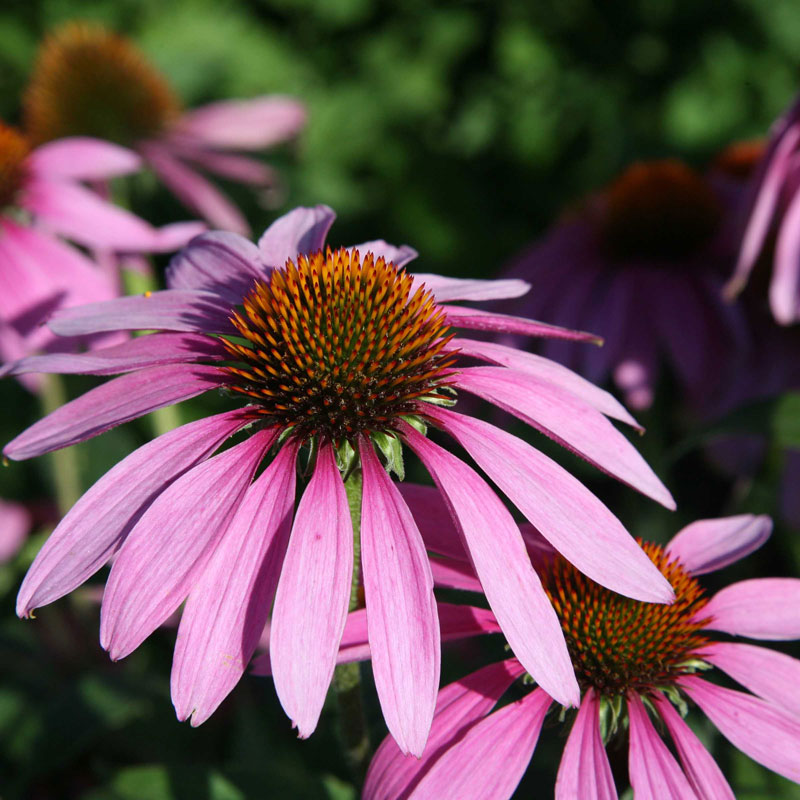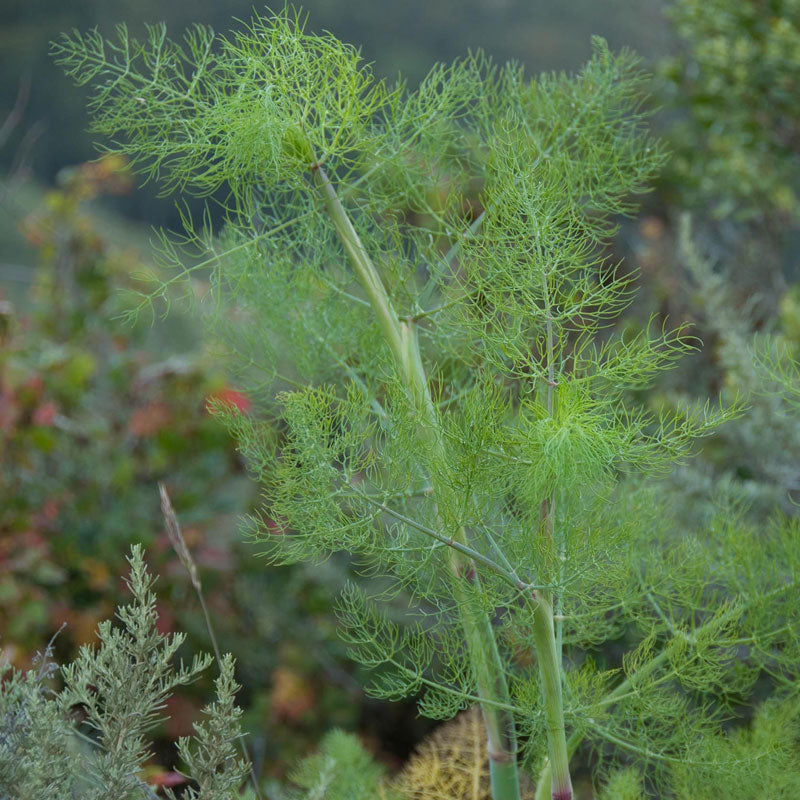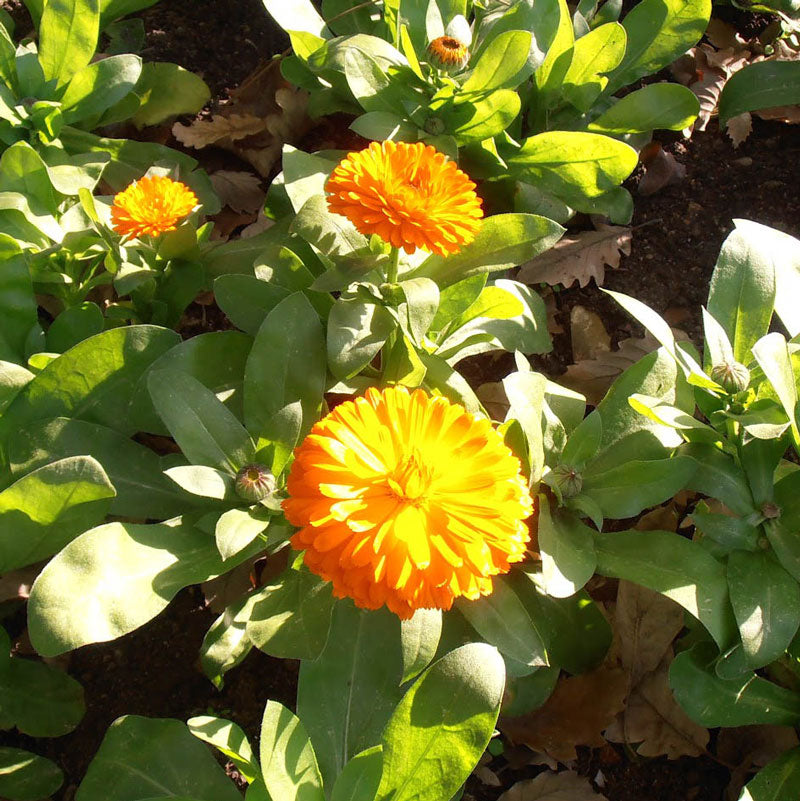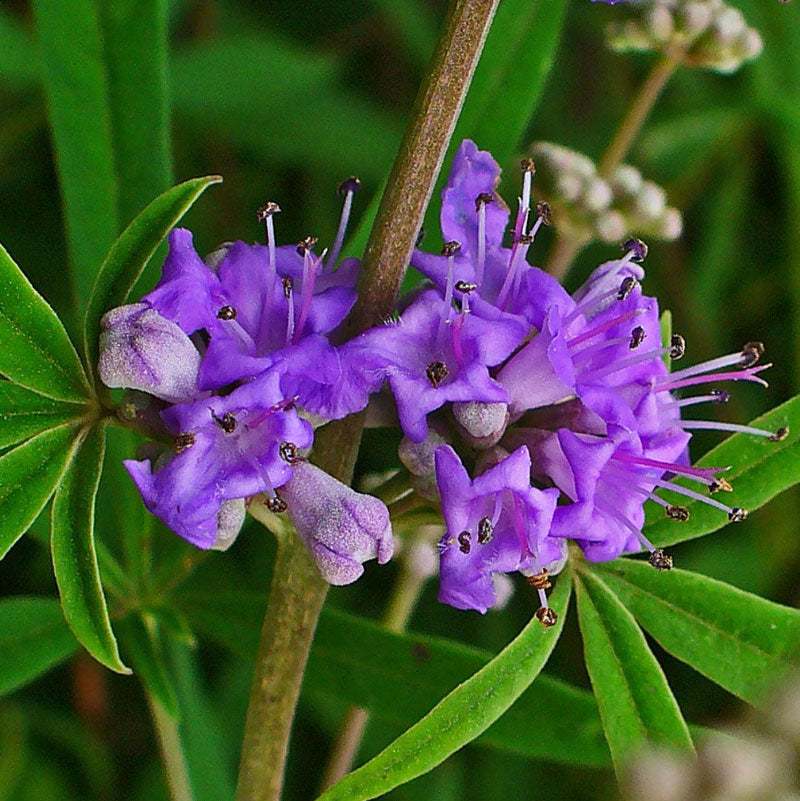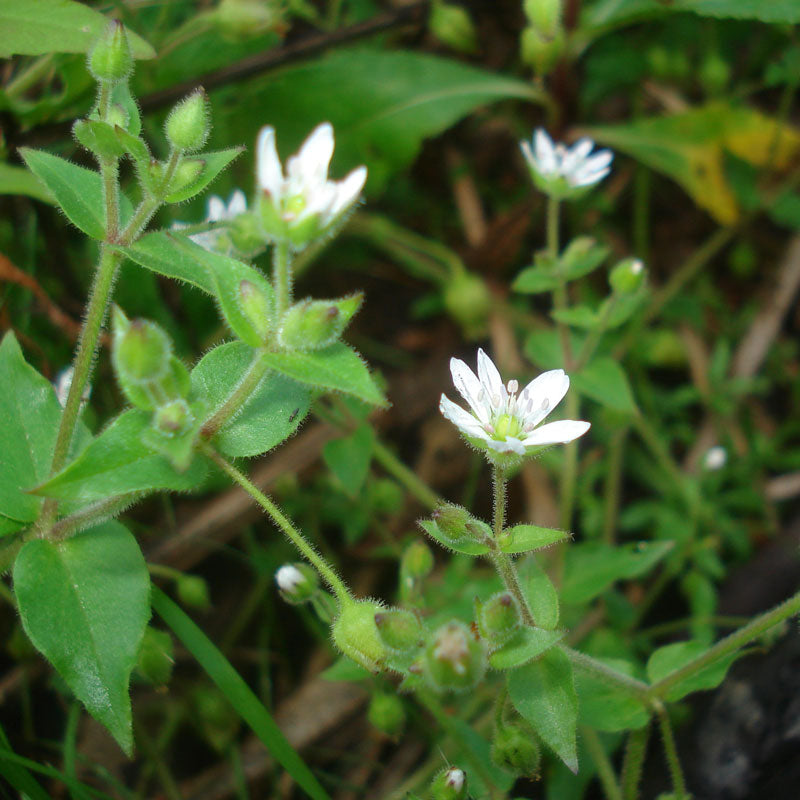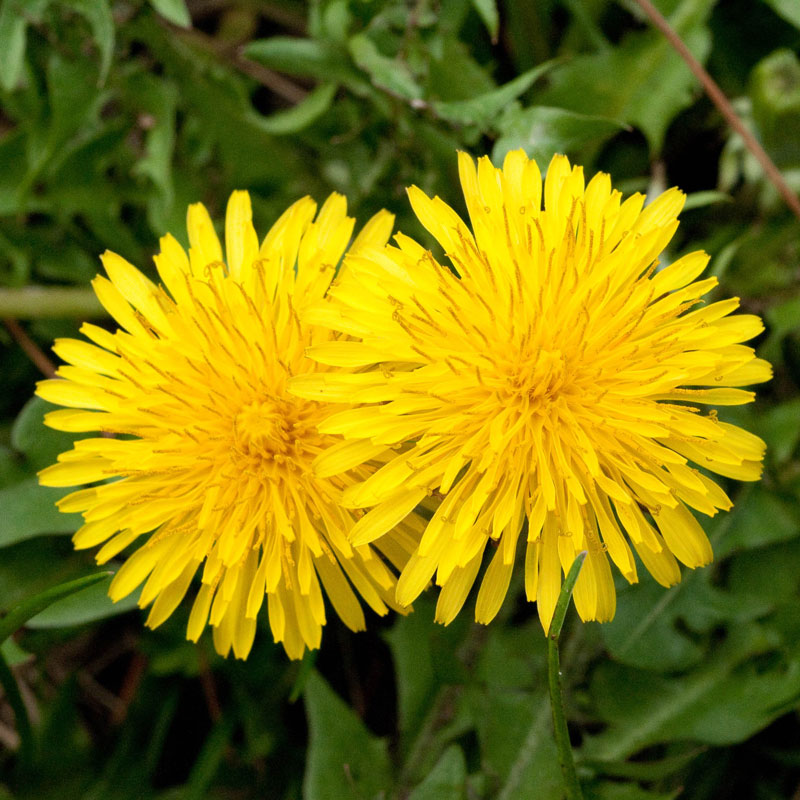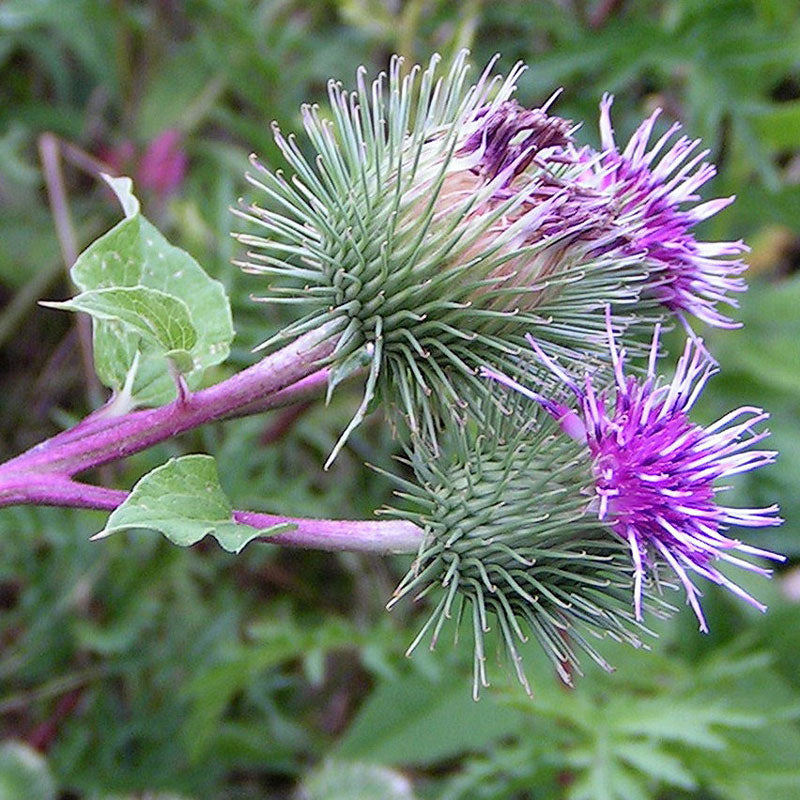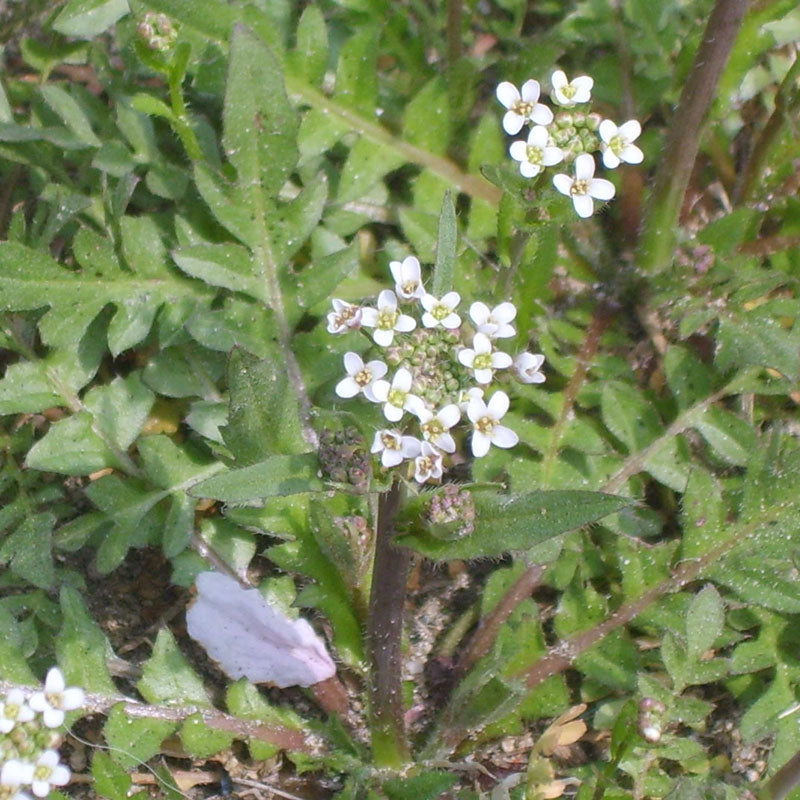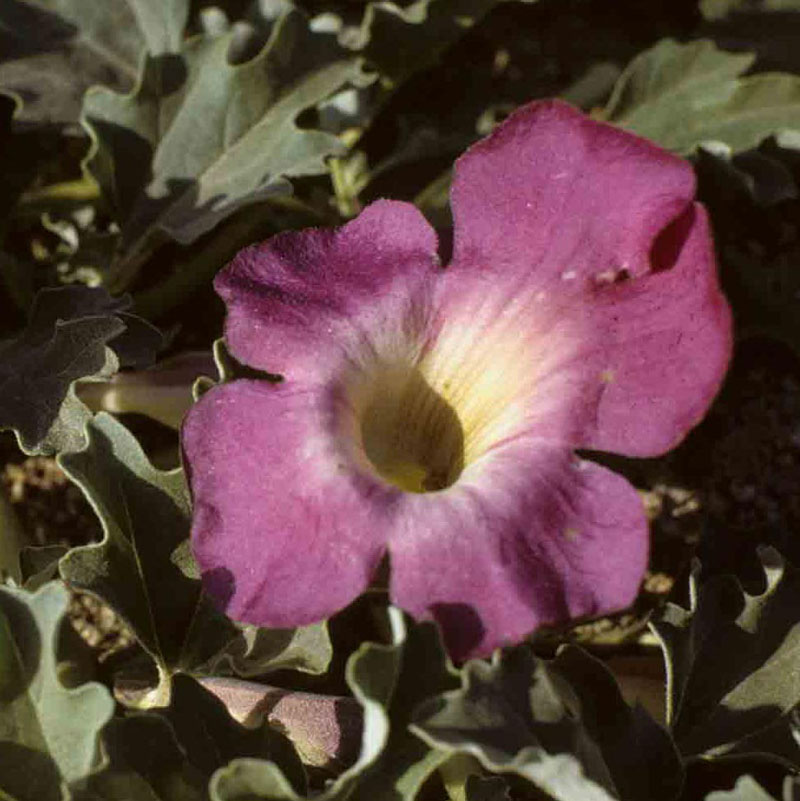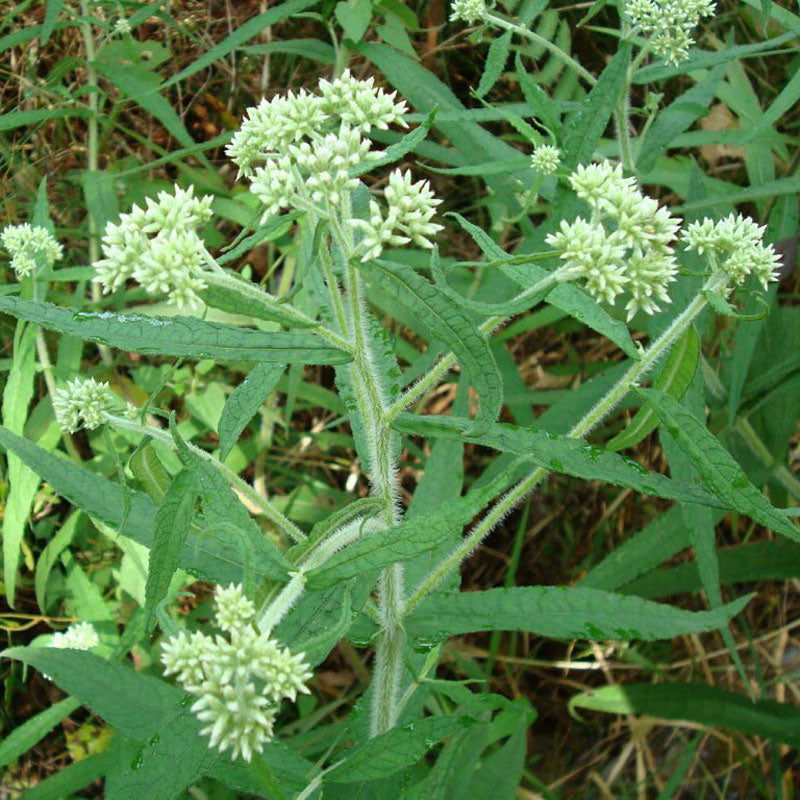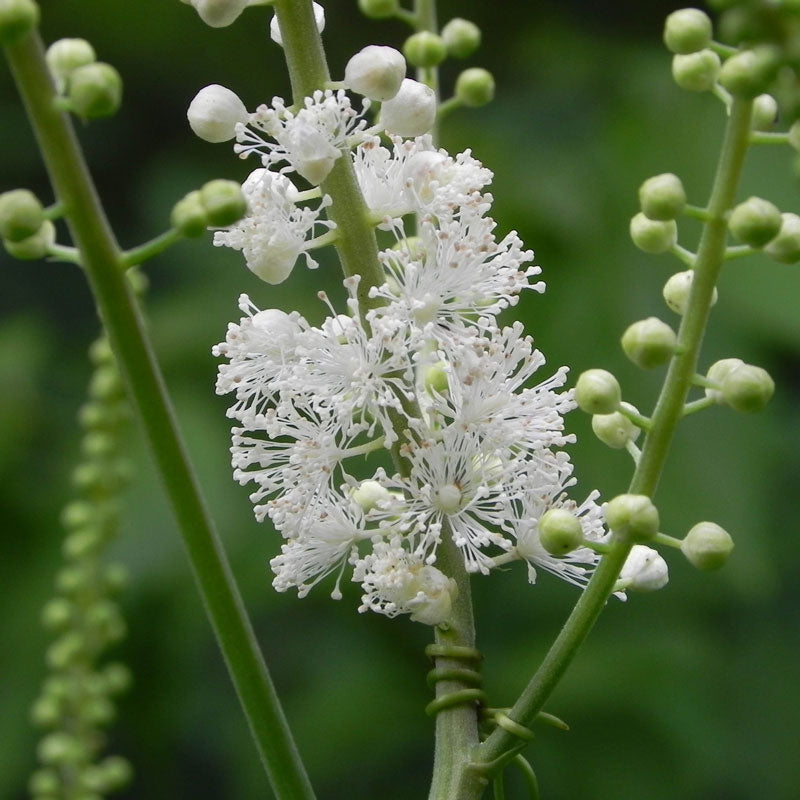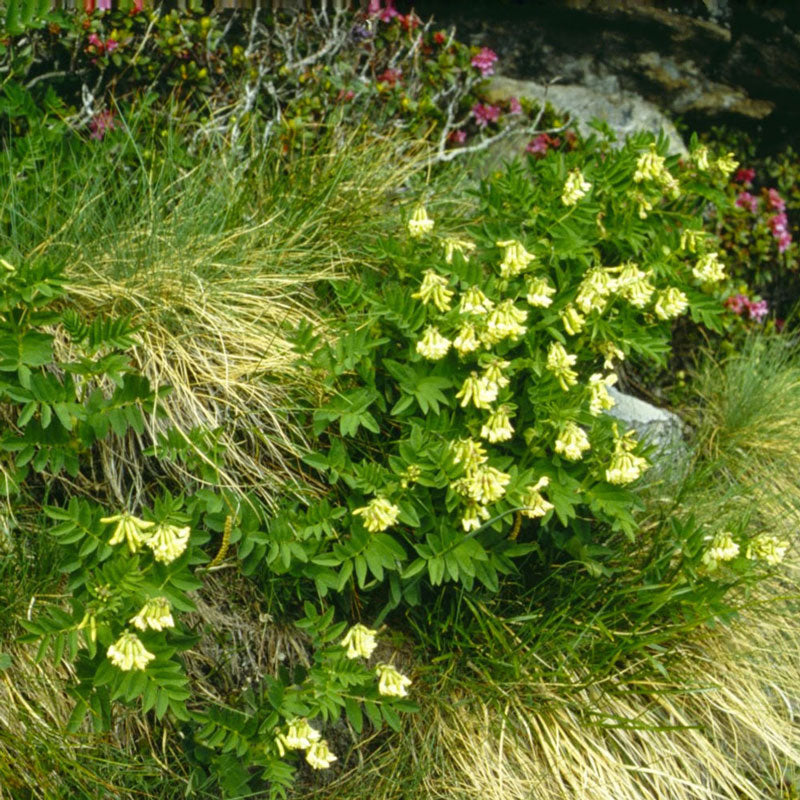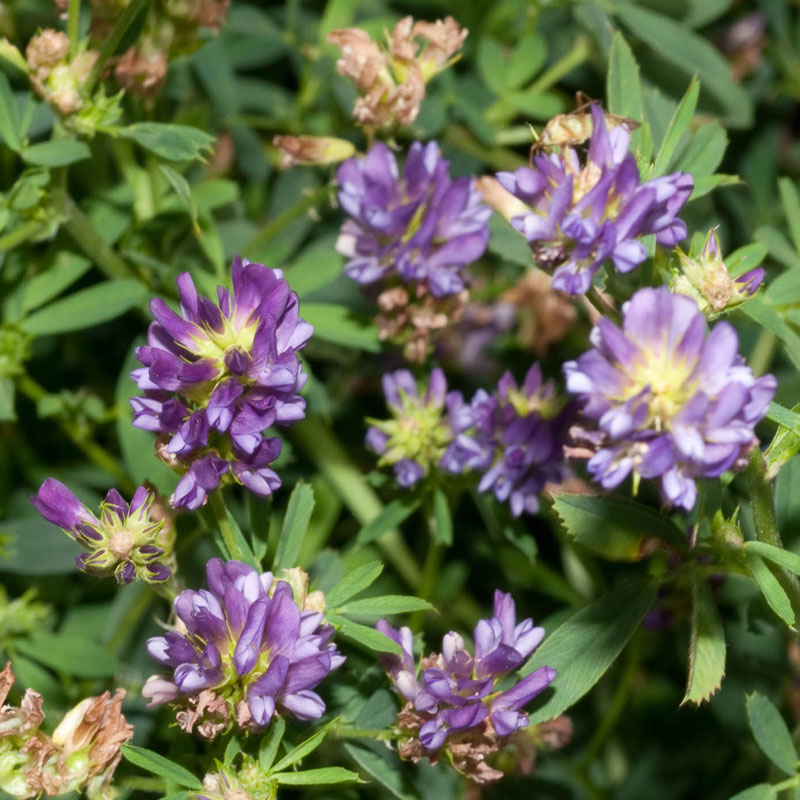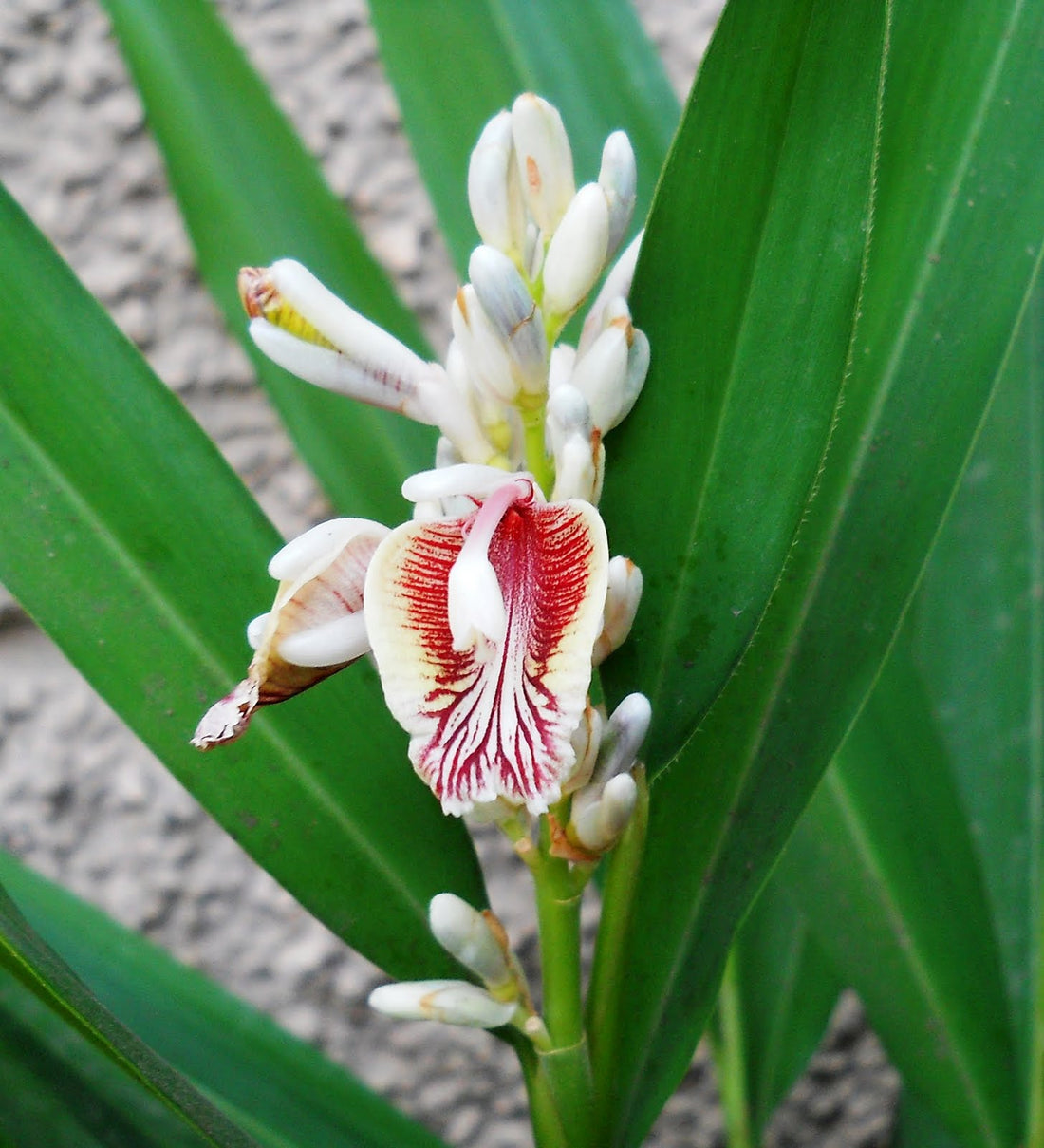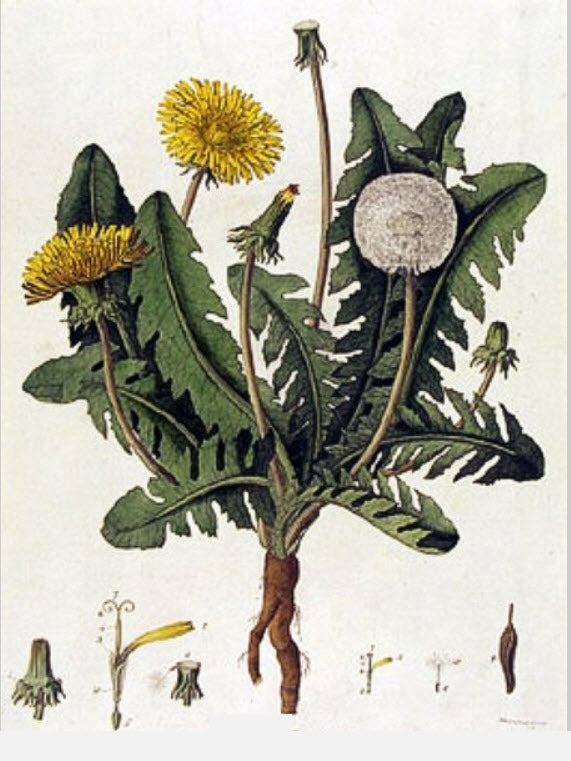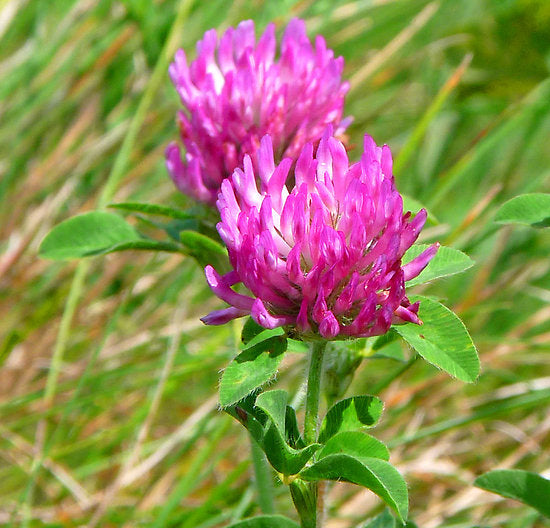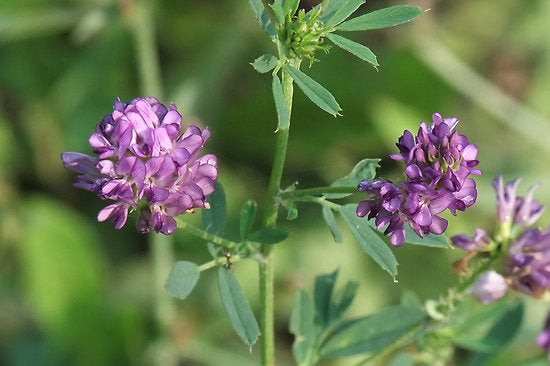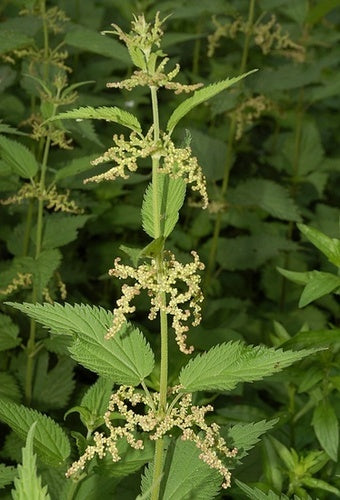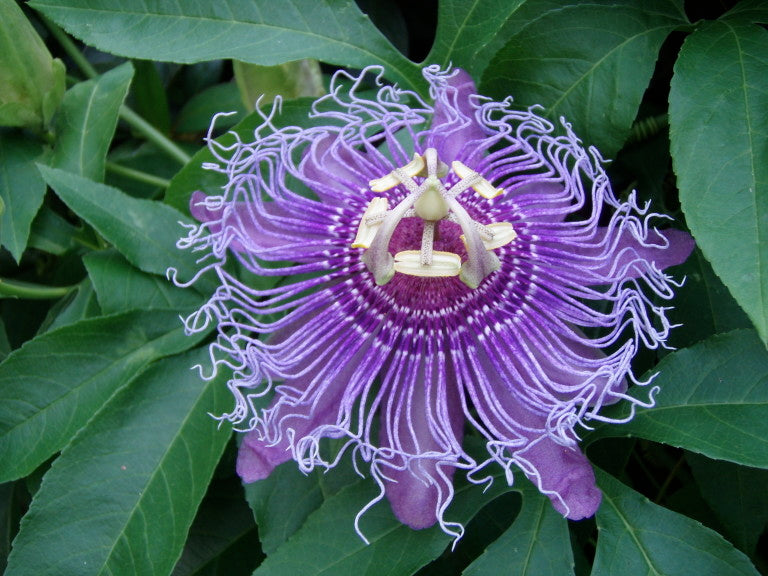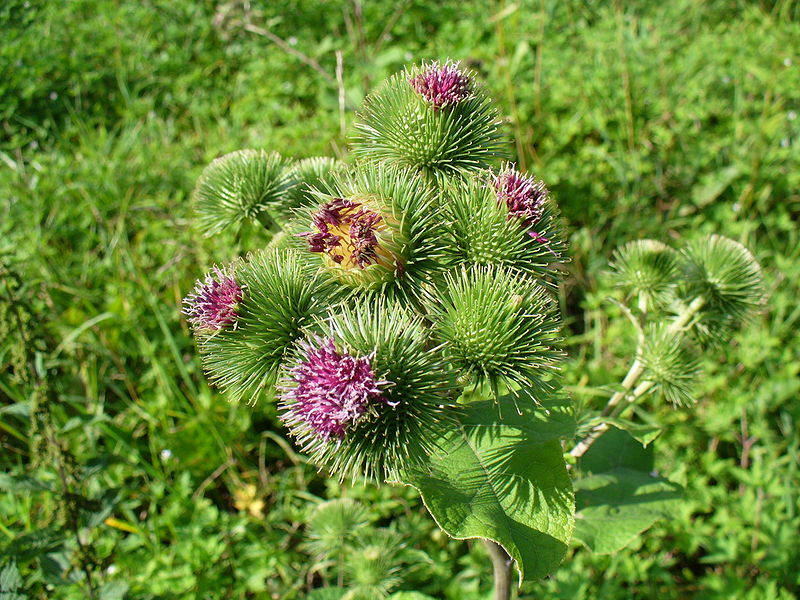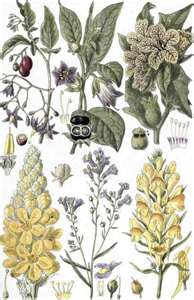The top 10 essential oils
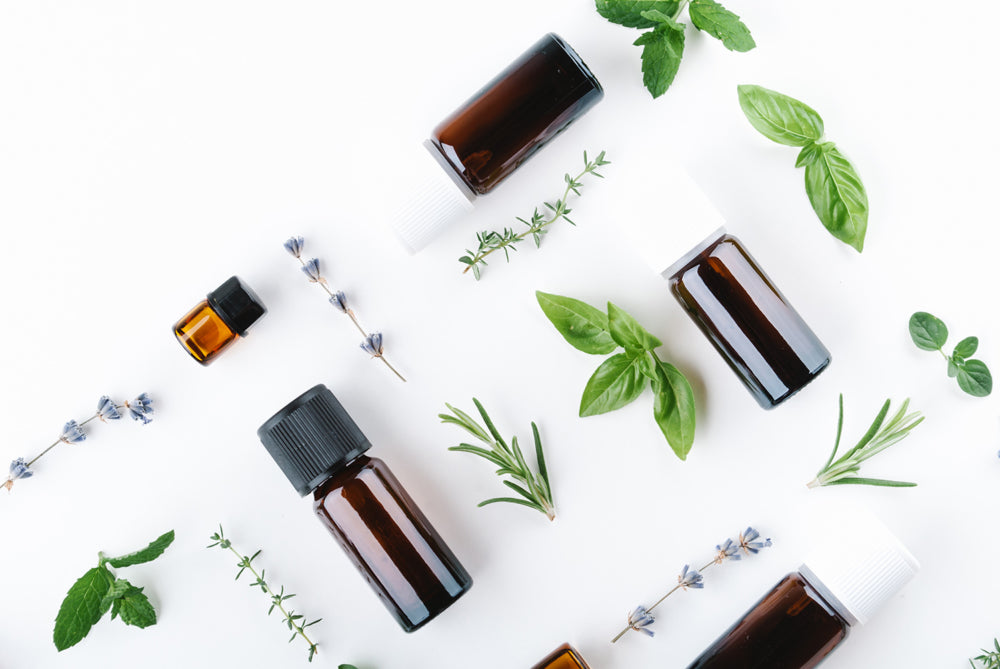
It’s no secret I'm a huge advocate of essential oils and use them for their soothing and therapeutic benefits. Each one has its own amazing properties when used individually but can be even more powerful when used in combination with other oils.
Most essential oils should be mixed with a teaspoon of carrier oil such as coconut, olive or jojoba before being added to skin with about two to five drops and a maximum of eight drops in a bath. Lavender can be used straight and some people can use tea tree uncut, but test a small spot on your skin first just to be sure.
Of course they all have great qualities but if I had to choose the 10 most versatile and useful essential oils for the average medicine cabinet, these would be the ones!
Lavender
Lavender is capable of many important jobs and is a delight to use. Every home should have a bottle of lavender, if no other oil, because it is so versatile. It's very effective in the treatment of burns, scalds or blisters as it stimulates the cells of a wound to regenerate more quickly and prevents scarring.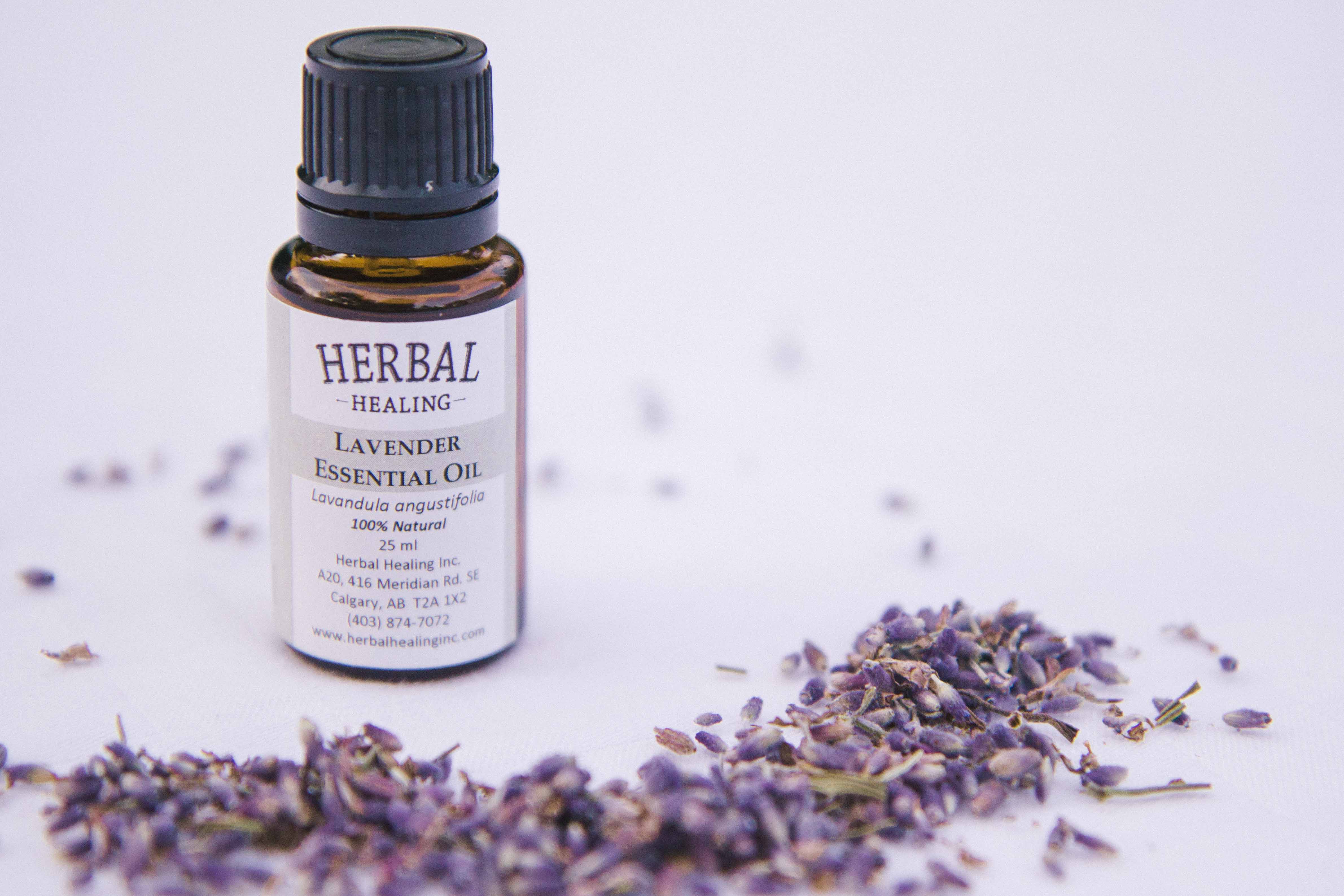
Its a natural antibiotic and antiseptic and also stimulates the immune system. It also acts as a natural antidepressant, as it seems to allay the effects of clinical shock and works as a mood tonic to help deal with the psychological shock of injury.
Try: a few drops in a diffuser before bed for its relaxing and soothing effects to promote sleep.
Peppermint
Most people know that peppermint can be used as an excellent digestive, as it is great for the treatment of indigestion and flatulence (gas). But it also helps the respiratory system, circulation, and is useful in the treatment of flu, headaches and migraines, as well as rheumatism, toothache and fatigue. It even keeps mice, fleas and ants away!
Try: a few drops rubbed on to your tummy (mixed with a carrier oil) for digestive problems.
Chamomile
Although chamomile is antibacterial, antiseptic and a disinfectant, it is most valued for its anti-inflammatory properties. These apply to internal conditions like rheumatism, as well as to external inflammations.
Chamomile is indispensable if you have children because it can be used for teething troubles and in the bath to ease nerves and tension. It’s great for the treatment of skin conditions including sunburn, psoriasis and eczema. It also can be used to soothe asthma, hay fever, diarrhea, sprains and strains, nausea and fever.
Chamomile also has many calming properties and has been shown to reduce nervous and depressive states, reduce pain and is used in rejuvenation treatments as it soothes, heals and stimulates cell regeneration. All of these properties make chamomile an extremely desirable oil.
There are several types of chamomile essential oils. I prefer German Chamomile as it is an excellent, versatile variety and has a beautiful deep dark blue colour, due to its high azulene content. Azulene is a rich, fatty substance which has extraordinary healing, antibacterial and anti-inflammatory powers.
Most chamomile that you purchase is already in a jojoba carrier oil so you can apply directly onto the skin.
Try: rubbing on burns, blisters, inflamed wounds, acne, eczema or rashes.
Eucalyptus
Eucalyptus is a marvelously multipurpose and useful oil. It cools the body in summer and protects it in winter. It has anti-inflammatory, antiseptic and antiviral properties as research has proved its effectiveness against coughs and colds. It is equally effective in pain relief and as a deodorizer. Great to use a few drops in natural household cleaners.
Eucalyptus is great for combating the effects of colds and flu and is excellent to relieve sore muscles and joints.
Try: adding a few drops to the bath to ease aches and pains.
Geranium
Geranium is a lesser known essential oil but works profoundly on the emotions and is useful in many medical conditions. It is a vital component in the treatment of endometriosis and is very effective for menopausal problems. It may be rubbed on the chest, throat or under the nose to effectively relieve sinus or cold symptoms or acute chest infections such as bronchitis.
Geranium oil inhibits the inflammatory responses in the skin which helps your body fight many health issues. Arthritis, for example, is inflammation of the joints, and heart disease is inflammation of the arteries. Instead of taking a medication to reduce joint pain or lower cholesterol, getting to the root of the problem and reducing inflammation is vital.
Its antibacterial, antiseptic and astringent properties are beneficial for skin, hair and scalp health.
Try: applying with a carrier oil to skin to even out oily or combination skin or to re-hydrate dry and mature skin.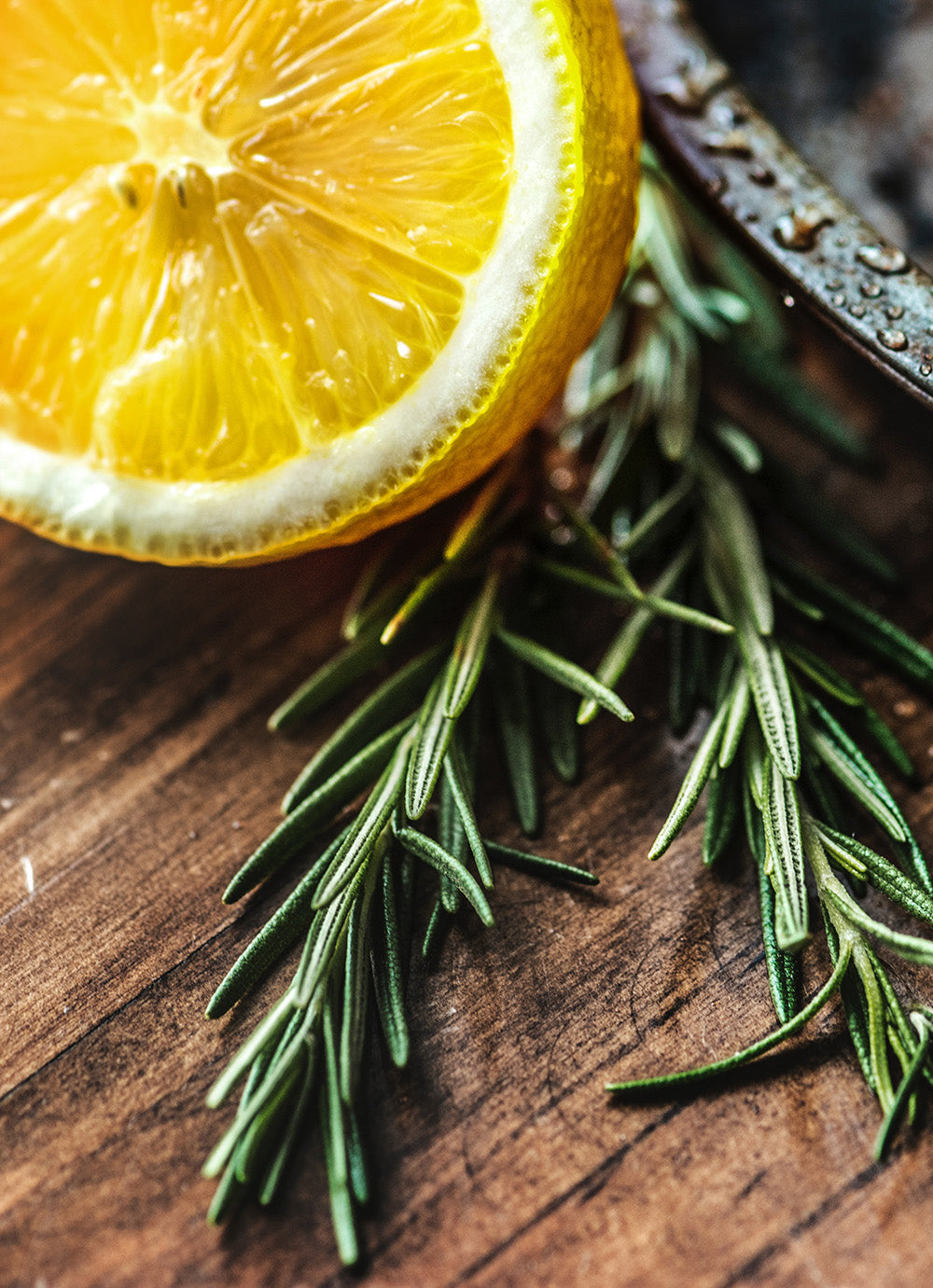 Photo from Unsplash
Photo from Unsplash
Rosemary
Rosemary is both a physical and mental stimulant, which makes it a good oil to have in the morning bath, while also being excellent in the treatment of all muscular conditions, making it the perfect oil for a bath after a long, tiring day. This soothing oil is used in the treatment of muscular sprains, arthritis, rheumatism, depression, fatigue, memory loss, migraine, headaches, coughs and flu.
Rosemary has stimulating and warming actions that can improve hair growth and most scalp problems.
Try: adding a few drops to your shampoo and conditioner and massaging in your hair.
Tea Tree
The antiseptic action of tea tree is thought to be 100 times more powerful than carbolic acid – and yet it is non-poisonous to humans! Its very powerful antiviral, antibacterial and antifungal properties make it useful for a wide range of conditions and infections. It is used in the treatment of candida and all sorts of infections such as ringworm, sunburn, acne, athlete’s foot, toothache, and pyorrhea.
A tea tree essential oil massage prior to an operation may help to fortify the body and reduce post-operative shock. Used in vapour therapy, it can help with colds, measles, sinusitis and viral infections.
It also helps to combat acne, oily skin, head lice and dandruff.
Try: directly dabbing a drop or two on acne or cold sores to help dry them out.
Thyme
Thyme packs a punch and should be used with great care as overuse can stimulate the thyroid gland and lymphatic system. It also has notable antiviral, antibiotic, antiseptic and diuretic properties but must be used in moderation. It should never be applied to the skin undiluted and should not be used on children.
When flu is around, it is a wonderful oil to use in a room diffuser. It assists in the elimination of toxic wastes from the body and has been said to be useful in the treatment of a wide range of conditions including whooping cough, warts and neuralgia.
Thyme has the ability to reduce respiratory issues, boost the strength of the immune system, stimulate blood flow, prevent fungal infections and relieve stress.
Try: rubbing a few drops with a carrier oil on to your chest or throat.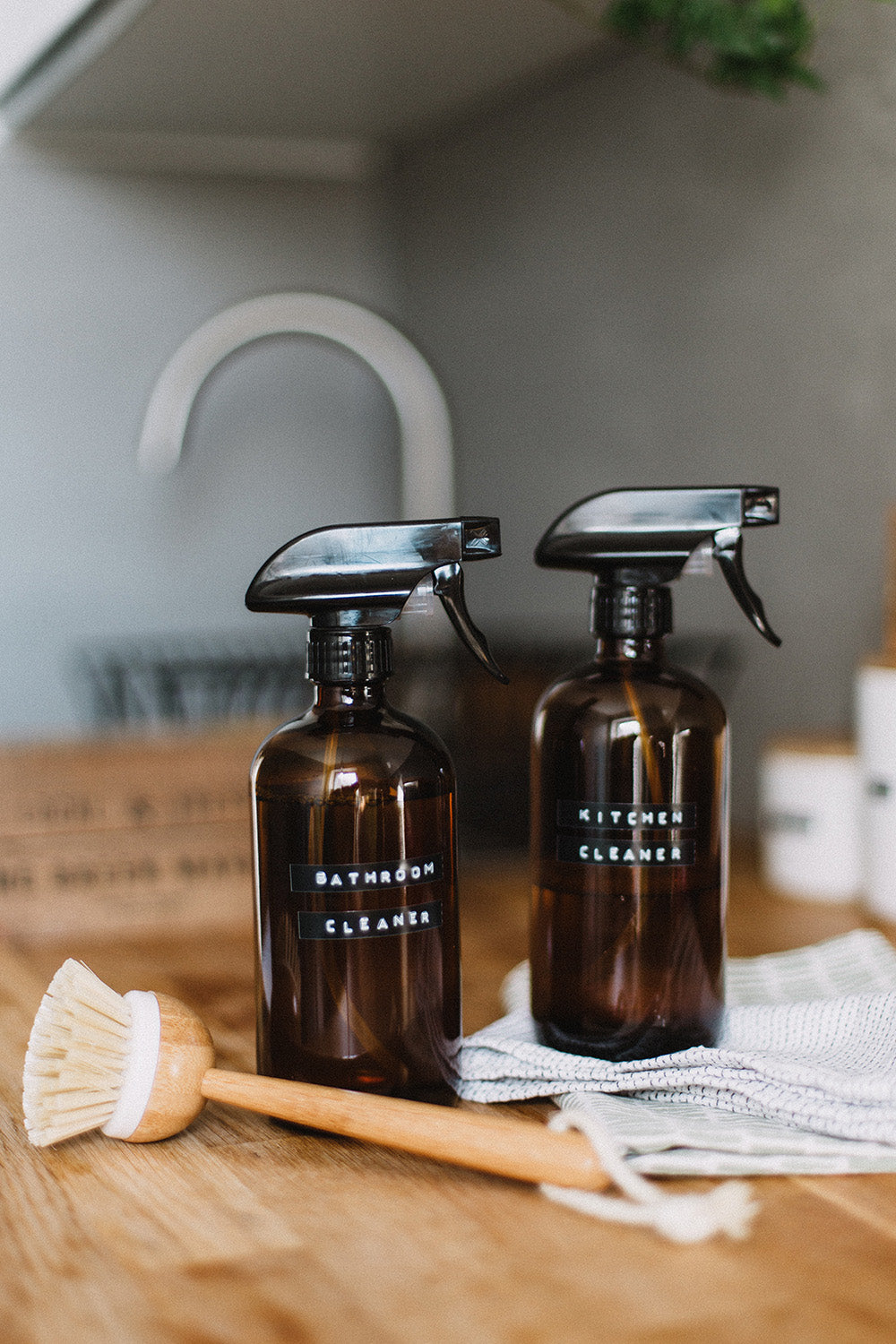
Photo from Unsplash
Lemon
Lemon essential oil is great to use as a water purifier. This antiseptic and antibacterial oil will perform many tasks when used in blends, including treating warts, insect bites, and tension headaches.
Lemon has a purifying, cleansing and protective effect on the body. It stimulates lymphatic drainage which helps the body to cleanse itself of wastes and toxins. It soothes digestive issues and symptoms and may be used to alleviate constipation.
It is also very refreshing and great to use around the house as a natural, zingy cleaner.
Try: adding a few drops to one part warm water, one part white vinegar and use to clean all types of surfaces.
Clove
Clove is great to use in the prevention of disease and infection. It’s best known as a quick cure for toothache although it’s equally useful in digestive problems and muscular disorders. It can be used in to relieve the symptoms of asthma, nausea, and sinusitis. Clove is a powerful oil that has even been used for the sterilization of surgical instruments.
Clove is very effective for minor pains and aches, and can be applied directly to the affected area, but be sure not to apply it undiluted to the skin.
Try: a few drops in a diffuser to clear bacteria from the air if you have a cold or feel one coming on.
As we are in cold and flu season, here are a few remedies you may find useful to fight off illness
Common Colds
Use the following oils in a hot bath. Lie back and inhale deeply.
• Thyme 2 drops
• Tea Tree 2 drops
• Eucalyptus 1 drop
• Lemon 3 drops
For the steam method, poor boiling water into a bowl and cover your head with a towel and inhale deeply. Use one drop of each of the following: thyme, tea tree, lavender and clove.
Carry with you a tissue on which you have placed one drop each of red thyme, peppermint, eucalyptus and clove, and inhale deeply whenever possible.
To relieve cold symptoms such as stuffiness, chest cough, sore throat, massage around the chest, neck and sinus area (forehead, nose and cheekbones) with the following:
• Lemon 1 drop
• Eucalyptus 2 drops
• Rosemary 3 drops
• Diluted in 1 teaspoon vegetable oil
Coughs
Massage over the back and chest with:
• Eucalyptus 3 drops
• Thyme 2 drops
• Diluted in 1 teaspoon vegetable oil
For the steam inhalation method use 3 drops of lavender.
Flu
If you are shivery and cold and feel that you have the onset of flu, take a warm bath with the following oils:
• Tea Tree 5 drops
• Lavender 2 drops
• Thyme 2 drops
Then massage your whole body with the following oil:
• Tea Tree 2 drops
• Eucalyptus 3 drops
• Diluted in 1 teaspoon vegetable oil
And go to bed.

